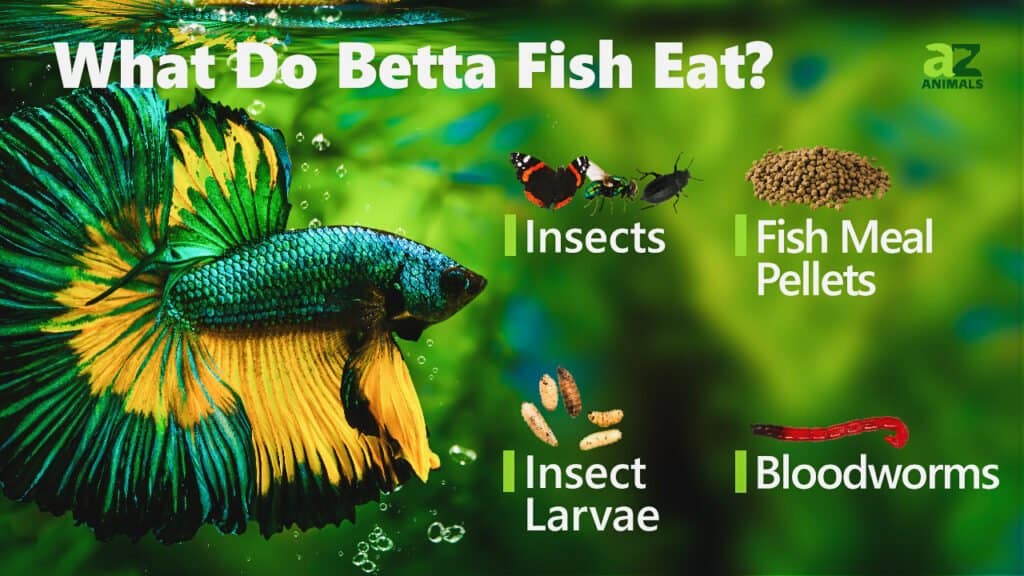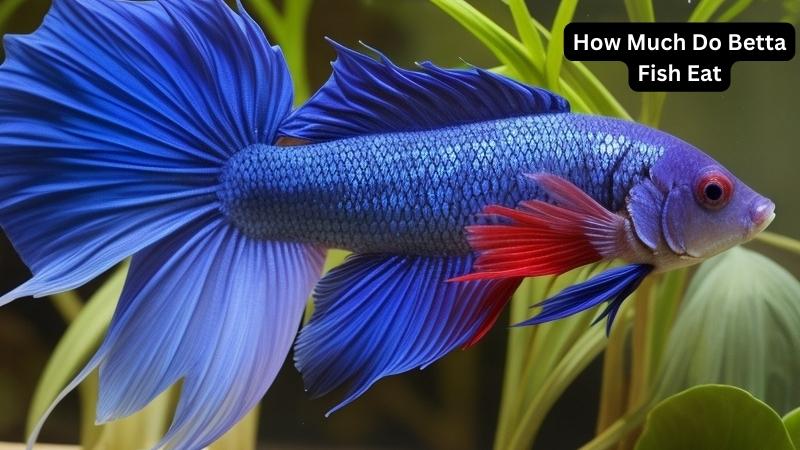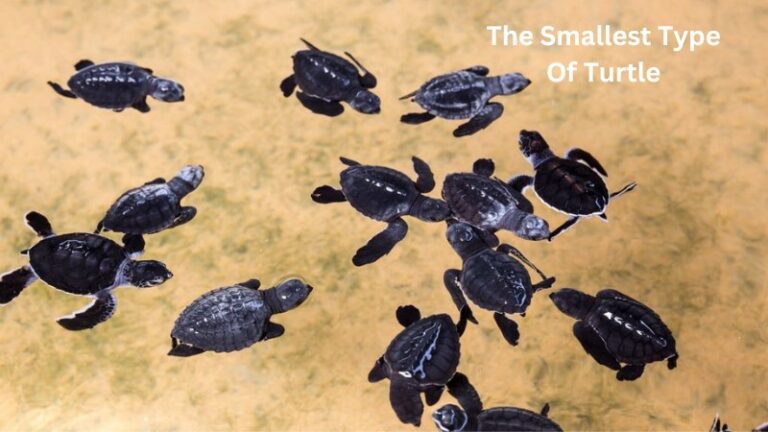How Much Do Betta Fish Eat
Today we discuss How Much Do Betta Fish Eat. Are you curious about how much food betta fish need to stay healthy and happy? Well, look no further! In this article, we’ll dive into the world of betta fish feeding habits and explore the question, “How much do betta fish eat?” So, grab your snorkel, and let’s explore the fascinating world of betta fish diets together!
When it comes to feeding your betta fish, it’s important to strike the right balance. Like humans, betta fish have individual dietary needs. Overfeeding can lead to health complications while underfeeding can leave your fish malnourished. So, finding the sweet spot is crucial! In this article, we’ll uncover the ideal feeding frequency and portion size for your betta fish.
So, if you’re ready to become a betta fish-feeding expert and provide your finned friends with the perfect meals, let’s dive right in! Discover the secrets to keeping your betta fish healthy and happy by understanding how much they really need to eat. Let’s get started on this aquatic adventure!
 Source: a-z-animals.com
Source: a-z-animals.comHow Much Do Betta Fish Eat: A Comprehensive Guide
Betta fish, also known as Siamese fighting fish, are fascinating creatures that make popular pets due to their vibrant colors and low maintenance requirements. However, one common question that arises among betta fish owners is how much they should feed their fish.
It’s crucial to strike the right balance and ensure your betta fish receives adequate nutrition without overfeeding. In this comprehensive guide, we will explore the feeding habits and dietary requirements of betta fish and provide valuable tips on how much to feed them.
The Dietary Needs of Betta Fish
Betta fish are carnivorous creatures, and in their natural habitat, they primarily feed on insects, larvae, and small crustaceans. Their diet consists mainly of protein-rich foods to support their active and energetic lifestyle. In captivity, it’s essential to replicate their natural dietary habits to ensure their well-being and optimal health.
When considering the nutritional needs of betta fish, it’s crucial to understand their digestive system. Betta fish have a short digestive tract, which means they cannot efficiently process large quantities of food at once. Overfeeding can lead to bloating and constipation, causing discomfort and potentially more severe health issues. Therefore, it’s essential to feed them small and frequent meals throughout the day, rather than one large meal.
How Much to Feed Your Betta Fish
The amount of food to feed your betta fish depends on various factors, including their size, age, and activity level. As a general rule of thumb, you should aim to feed them an amount equivalent to the size of their eye, two to three times a day. This portion size ensures they receive enough nutrition without overloading their digestive system.
It’s crucial to monitor your betta fish’s feeding habits and adjust the amount accordingly. If you notice that they finish their food quickly and are actively searching for more, you can gradually increase the portion size. On the other hand, if there are leftover food floating in the tank after feeding, it’s an indication that you may be overfeeding them. In such cases, reduce the portion size to avoid digestive issues.
Tips for Feeding Betta Fish
Feeding betta fish involves more than just determining the right portion size. Here are some valuable tips to ensure proper feeding habits and overall well-being of your betta fish:
1. Use high-quality betta fish pellets or flakes: Look for products specifically formulated for betta fish, as they contain the necessary nutrients to support their health. Avoid generic fish food that may not provide the essential vitamins and minerals they need.
2. Variety is key: While betta fish mainly require a protein-rich diet, it’s important to provide variety in their meals. Include occasional treats such as freeze-dried bloodworms or daphnia to mimic their natural diet and keep them engaged.
3. Remove any uneaten food: Betta fish have a habit of spitting out or ignoring some types of food. It’s important to remove any uneaten food from the tank promptly to maintain water quality and prevent it from decomposing.
4. Consider fasting days: As part of their natural diet, betta fish may occasionally experience periods of scarcity in their food sources. To replicate this in captivity, you can incorporate fasting days where you don’t feed them. This helps prevent overfeeding, stimulates their digestive system, and promotes longevity.
5. Maintain a clean environment: Proper hygiene and maintenance of the betta fish tank are essential for their overall health. Regular water changes and cleaning of the tank help prevent bacterial growth and maintain water quality, which in turn contributes to their well-being.

Common Mistakes to Avoid When Feeding Betta Fish
Overfeeding Your Betta Fish
One of the biggest mistakes betta fish owners make is overfeeding their fish. While it’s tempting to offer them continuous meals or large portions, it can lead to various health issues. Overfeeding can cause bloating, constipation, and even swim bladder problems, which can affect their ability to swim properly. It’s important to stick to the appropriate portion sizes and monitor their feeding habits to prevent overfeeding.
Feeding Incompatible Foods
Another common mistake is feeding betta fish foods that are not suitable for their digestive system. Betta fish are primarily carnivorous, and their digestive system is not designed to process plant-based foods efficiently. Feeding them excessive plant material or low-quality food can lead to digestive issues and poor health. It’s crucial to provide them with high-quality betta fish pellets or flakes that meet their dietary requirements.
Feeding Inconsistently
Consistency is key when it comes to feeding betta fish. Establishing a routine and sticking to it helps them feel secure and reduces stress. Erratic feeding schedules or skipping meals can disrupt their eating habits and compromise their overall health. It’s important to feed them at the same time each day and monitor their behavior to ensure they are eating properly.
Conclusion
Understanding how much to feed your betta fish is crucial for their overall health and well-being. By providing them with the appropriate portion sizes, a varied and nutritious diet, and maintaining a clean tank environment, you can help ensure their longevity and thriving nature. Remember, consistency and careful observation are key when it comes to feeding betta fish. By following the tips and guidelines outlined in this guide, you can foster a healthy and active life for your betta fish companion.
Key Takeaways: How Much Do Betta Fish Eat?
- Betta fish should be fed small meals 2-3 times a day.
- Their stomachs are about the same size as their eye, so avoid overfeeding.
- Feed them a varied diet including high-quality pellets, frozen or live foods.
- Watch for signs of overfeeding, such as bloating or constipation.
- Consult a vet or expert if you’re unsure about the right amount to feed your betta fish.
Faqs for How Much Do Betta Fish Eat:
It’s recommended to feed your betta fish small amounts twice a day. Overfeeding can lead to obesity, deteriorating water quality, and other health issues. While they have hearty appetites, only feed them what they can consume in two to three minutes.
Remember, bettas are labyrinth fish, meaning they have an additional organ called the labyrinth that allows them to breathe air from the surface. They will happily snack on insects and other small creatures if given the chance, but be cautious about overfeeding them as it can negatively impact their health.
In general, feeding your betta fish twice a day is sufficient. However, if you notice signs of hunger, like your betta constantly searching for food or becoming more aggressive towards tank mates, you may consider increasing the frequency of feedings. If you choose to do this, divide their daily food ration into three or four smaller meals to avoid overfeeding.
It’s important to maintain a balance and monitor your betta’s weight to ensure they remain healthy. Overfeeding can lead to bloating, constipation, and other health complications. Remember, quality and nutrition are more important than quantity when it comes to feeding your betta fish.
A good rule of thumb is to feed your betta fish an amount that they can consume in about two to three minutes. Start with a small pinch of high-quality betta pellets or flakes, and observe their feeding behavior.
If there is still food left over after a couple of minutes, you may have offered too much. Adjust the portion size accordingly to prevent overfeeding and maintain water quality.
Remember, betta fish stomachs are about the size of their eyes, so avoid excessive portion sizes. It’s better to underfeed than to overfeed and disturb their delicate digestive system.
While betta fish tend to have hearty appetites and love to eat, they are not particularly prone to overeating. However, as responsible betta owners, it’s important to feed them the appropriate amount and monitor their weight regularly. Overfeeding can lead to obesity, which can have detrimental effects on their overall health and lifespan.
By sticking to a proper feeding schedule and portion control, you can ensure your betta fish remains in optimal health and maintains a healthy weight. It’s always important to strike the right balance and avoid excessive treats or feeding deviations that could negatively impact your fish.
Besides betta pellets or flakes, you can complement your betta fish’s diet with live or freeze-dried options. They enjoy small-sized live or frozen foods like bloodworms, daphnia, brine shrimp, and mosquito larvae. These protein-rich treats replicate their natural diet and can provide additional enrichment.
However, it’s important to offer these treats in moderation. Live foods can carry parasites or bacteria that may harm your fish if not properly sourced or if given in excess. Before introducing any treats or live foods, make sure they come from a reputable source and are appropriate for your betta fish.

Source: ytimg.com
How MUCH / OFTEN You Should Feed Your Betta! | ULTIMATE BETTA FISH GUIDE
Summary
Betta fish are small and don’t need a lot of food. They should be fed small amounts 2-3 times a day. Overfeeding can make them sick, so remember to only give them what they can eat in a few minutes.

